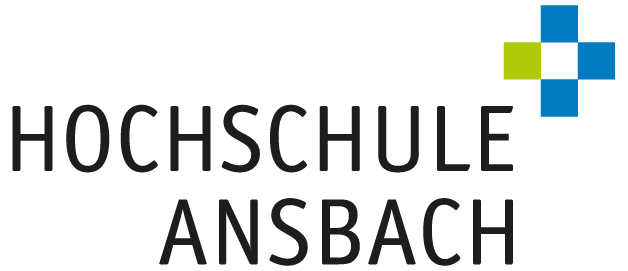Modern Trends of Reverse Engineering in Digital Manufacturing
Abstract
Reverse engineering encompasses an array of technologies and methods which produce results in terms of design, simulation and manufacturing. Options are pushed a little further by a new set of digital tools and scientific methods. Finite element methods (FEM) can validate models and propose structurally optimised geometries or attain prolonged life in service. 3D additive manufacturing processes can be simulated making it possible to pin point problematic areas. With respect to product design and digital manufacturing, reverse engineering uses a number of techniques, tools, methods and means of optimization which ease the process of re-manufacturing or use of an enhanced reinterpreted product. Of course, there are legal and ethical concerns that must be met within legal boundaries. Reverse engineering can be corroborated with other techniques of data interpretation and manipulation in such a way that results are both time-and-cost effective. Easy integration with Industry 5.0 concept is an ongoing process that proposes sustainable optimization of energy consumption, materials processing, and product lifecycles by prioritizing humans.
mehrMehr zum Titel
| Titel | Modern Trends of Reverse Engineering in Digital Manufacturing |
|---|---|
| Medien | In: Digital Product Design and Manufacturing, CRC Press, Boca Raton |
| Verlag | CRC Press |
| Herausgeber | Gheorghe Oancea, Panagiotis Kyratsis |
| Verfasser | Andrei Marius Mihalache, Prof. Dr.-Ing. Alexandru Sover, Oana Dodun-Des-Perrieres, Gheorghe Nagit, Vasile Merticaru, Adelina Hriţuc, Prof. Dr.-Ing. Laurentiu Slatineanu |
| Veröffentlichungsdatum | 26.08.2025 |
| Zitation | Mihalache, Andrei Marius; Sover, Alexandru; Dodun-Des-Perrieres, Oana; Nagit, Gheorghe; Merticaru, Vasile; Hriţuc, Adelina; Slatineanu, Laurentiu (2025): Modern Trends of Reverse Engineering in Digital Manufacturing. In: Digital Product Design and Manufacturing, CRC Press, Boca Raton. DOI: 10.1201/9781003518198 |
